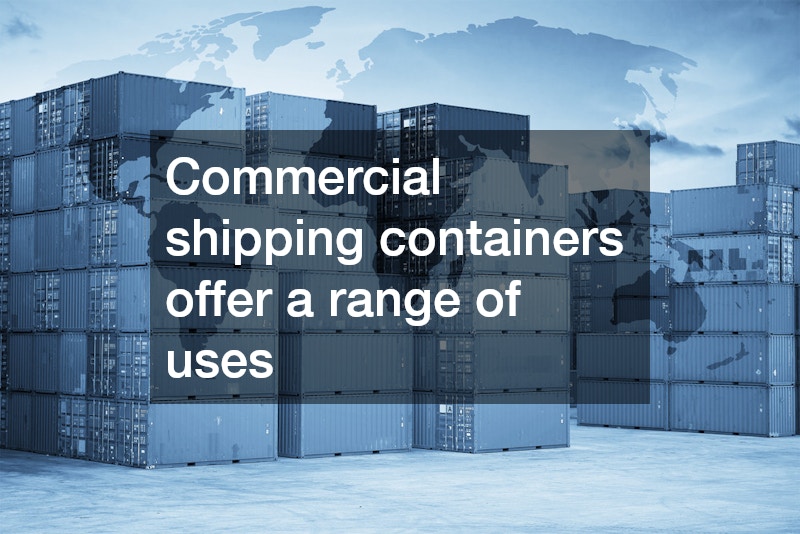
Commercial shipping containers offer a range of uses, including storage, popup stores, and low-cost housing. While a new container for transport costs between $2,000 and $4,000, a used 20-foot shipping container costs about $1,500. Larger, 40-foot containers cost more, ranging between $1,500 and $5,000 for a new unit.

Of course, once you purchase one of these full-size or mini shipping containers, you need to customize it for your intended use. When you need custom storage, you might only need to add shelving. Using empty storage containers as a retail shop or home requires additions like skylights, windows, plumbing, and electrical wiring. Consider the cost of these needs before buying your shipping container.

Altering a shipping container to make it a tiny home costs between $3,000 and $10,000 before adding utilities if you do it yourself, according to House Beautiful. Bob Vila points out in his article on the subject that hiring professionals costs much more. Container homes still must comply with local and state permit laws, and these houses need a foundation.
At a minimum, a home builder would need to add insulation, ventilation, electricity, and plumbing. Delivery and placement top the list of other costs to consider. You’ll need to hire a crane and crane operator to lift the storage container onto the foundation. Before you spend a dollar, check with your local city planning office to find out if the municipality allows shipping container homes.
When looking for cost-effective and versatile storage solutions, used shipping containers are a popular choice. These durable containers, originally designed for transporting goods across the globe, can be repurposed for a variety of uses, from secure on-site storage to building structures. Purchasing a used shipping container is often more affordable than buying new, and they still provide the strength and longevity required for long-term use.
For those needing something pristine, new storage containers offer a fresh, clean option without any prior wear and tear. These containers are ideal if you want to ensure a perfect condition from the start, especially for sensitive materials or goods. On the other hand, old shipping containers are great for those who prefer eco-friendly options, giving a second life to a product that has already served its original purpose.
For smaller spaces, mini shipping containers are a practical solution. These compact versions of standard containers provide the same level of durability but take up far less room, making them perfect for tight locations or limited storage needs. Whether you choose used containers or new storage containers, both options provide reliable, secure storage to meet various personal or business needs. Call your shipping and logistics provider today to learn more!

These days, people are finding a lot more uses for shipping containers than just using them to ship goods. Shipping containers are being recycled and being used for everything from homes to offices to retail and restaurant locations.
One of the reasons shipping containers are becoming more popular for reuse is because there are so many of them. There are currently more than 17 million shipping containers in circulation, with only about 6 million in use at any one time. Even though nearly 700 are lost at sea each year, it would take centuries to use up the surplus. That leaves a lot of shipping containers left over and not needed. Plus, steel shipping containers that are well maintained last for at least 20 years, which means there isn’t much turnover. To get use out of all these shipping containers, they need to be used for other things.
One of the most common uses for used shipping containers is storage. Companies might buy used shipping containers to use for onsite storage for their own materials, but there also are businesses that create businesses using storage containers to store goods for others. Because the containers are so large and are made out of steel, they make good, sturdy storage sheds. They also are portable and can be put on semi-trailers, which makes them ideal for roll-off storage businesses.
Another use of shipping containers that is growing is for dwelling units. People are using shipping containers to create architecturally unique homes, and steel cargo containers also are being used in some communities to provide temporary or long-term housing for low-income people. This trend is growing but slowly because of the need to change zoning laws and building codes to accommodate these new, innovative uses.
One other use for shipping containers is as commercial business locations. Retailers are using shipping containers to create container pop up shops while other businesses are using them as mobile offices. The advantage of a container pop up shop or other retail or office uses is that you have more flexibility on where you can locate the shop.
Shipping containers are very versatile and have a wide variety of uses be.yond just transporting goods.


